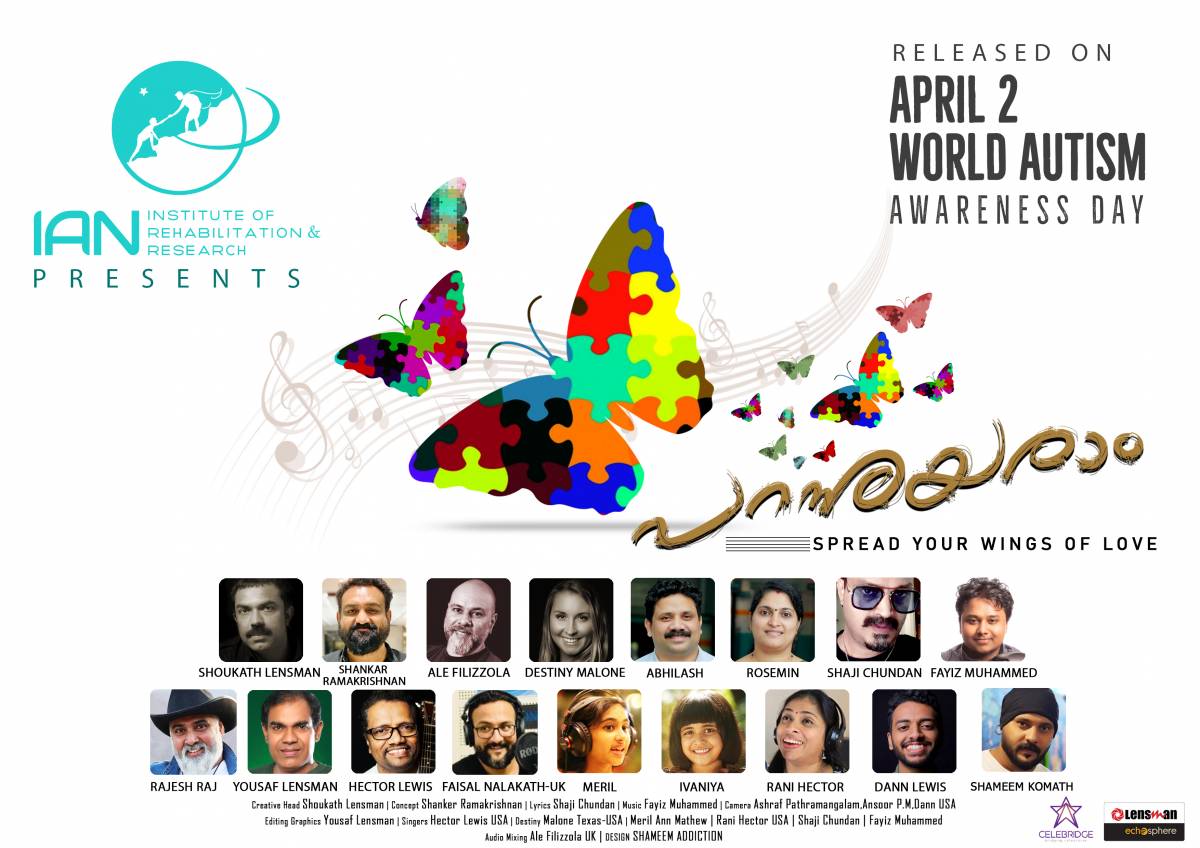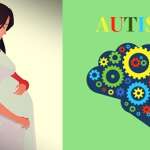Autism is a lifelong neurodivergence and disability that influences how people perceive and engage with the world around them. It’s commonly believed that autistic individuals struggle with social cues and communication
A new study has found that there is no real difference in how effectively autistic and non-autistic individuals communicate, challenging long-held stereotypes and clinical assumptions about autism and social interaction.
Published in Nature Human Behaviour, the research led by experts from the University of Edinburgh highlights that the communication difficulties often attributed to autism may stem not from deficits within autistic individuals, but from differences in communication styles between autistic and non-autistic people. The findings push back against the traditional view that autism is inherently associated with impaired social communication.
Autism is a lifelong neurodivergence and disability that influences how people perceive and engage with the world around them. It’s commonly believed that autistic individuals struggle with social cues and communication. However, this study suggests that these perceived difficulties may be more about mismatched interaction styles than a lack of social ability.
The researchers conducted their experiment with 311 participants, both autistic and non-autistic, placing them in three types of groups: all-autistic, all-non-autistic, and mixed. They then employed a variation of the “telephone game,” where a story is passed from one participant to another within each group. The first person in the chain listened to a story told by a researcher and then relayed it to the next person. This continued down the line until the last participant recalled the story aloud.
The team measured how much information was accurately passed along at each step to assess the effectiveness of communication. Surprisingly, the results showed that all three types of groups — autistic, non-autistic, and mixed — communicated the story equally effectively. The amount of information retained and passed along remained consistent across the board.
Interestingly, the study also found that autistic people tended to prefer communicating with other autistic individuals, and non-autistic participants showed a similar preference for interacting with their own group. According to the researchers, this may be due to differences in communication styles, not an inability to connect.
“Autism has often been associated with social impairments, both colloquially and in clinical criteria,” said Dr. Catherine Crompton, Chancellor’s Fellow at the University of Edinburgh’s Centre for Clinical Brain Sciences and a lead researcher in the study. “Researchers have spent a lot of time trying to ‘fix’ autistic communication, but this study shows that despite autistic and non-autistic people communicating differently, it is just as successful.”
This research is expected to have important implications for how educators, employers, and clinicians understand and support autistic individuals. Instead of focusing on changing the communication styles of autistic people to fit neurotypical norms, the findings suggest a need for greater mutual understanding and adaptation. With opportunities for autistic people often limited by stereotypes and misinterpretations, this study offers a hopeful and affirming perspective — one that embraces neurodiversity and promotes truly inclusive communication spaces.












